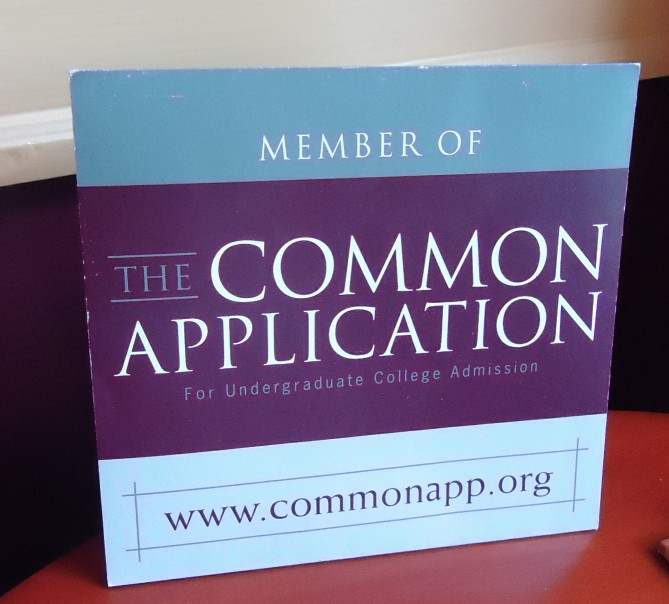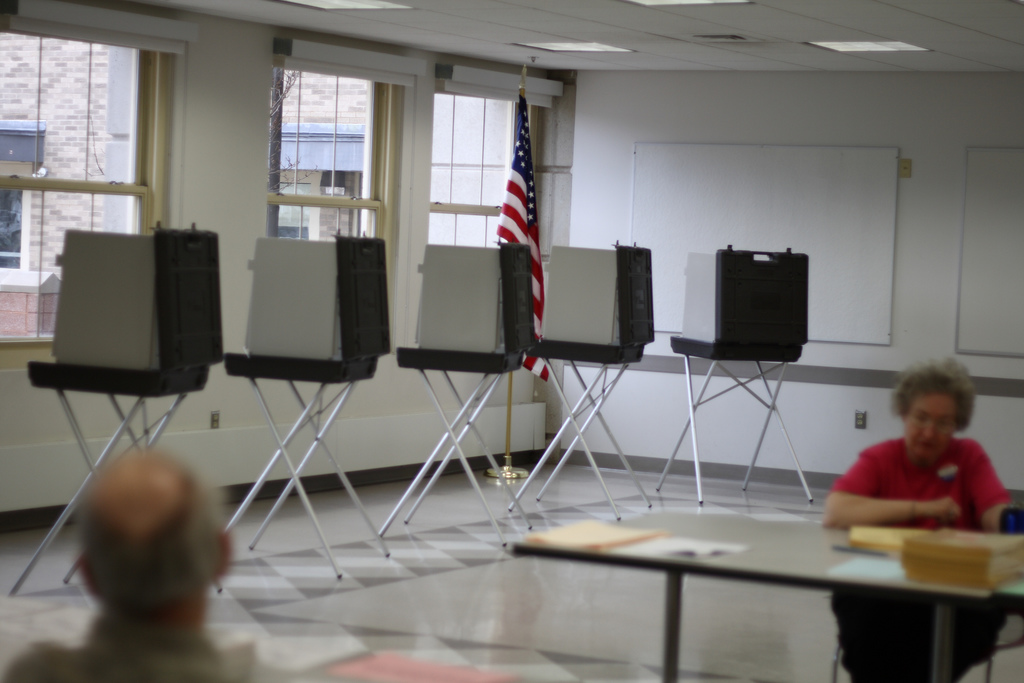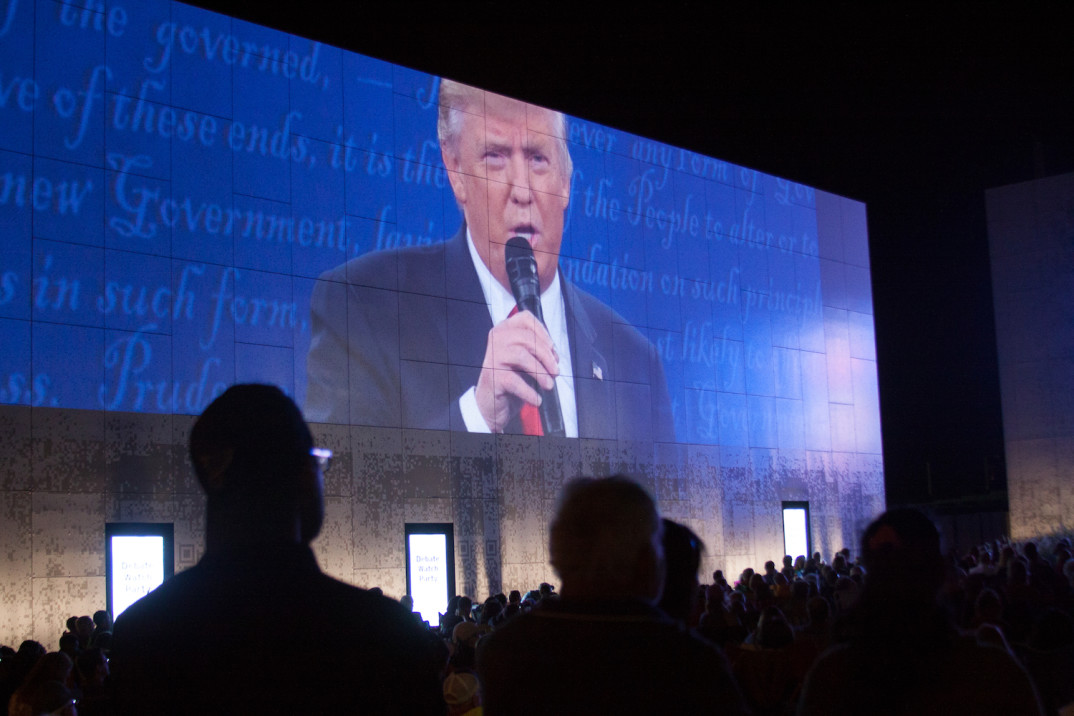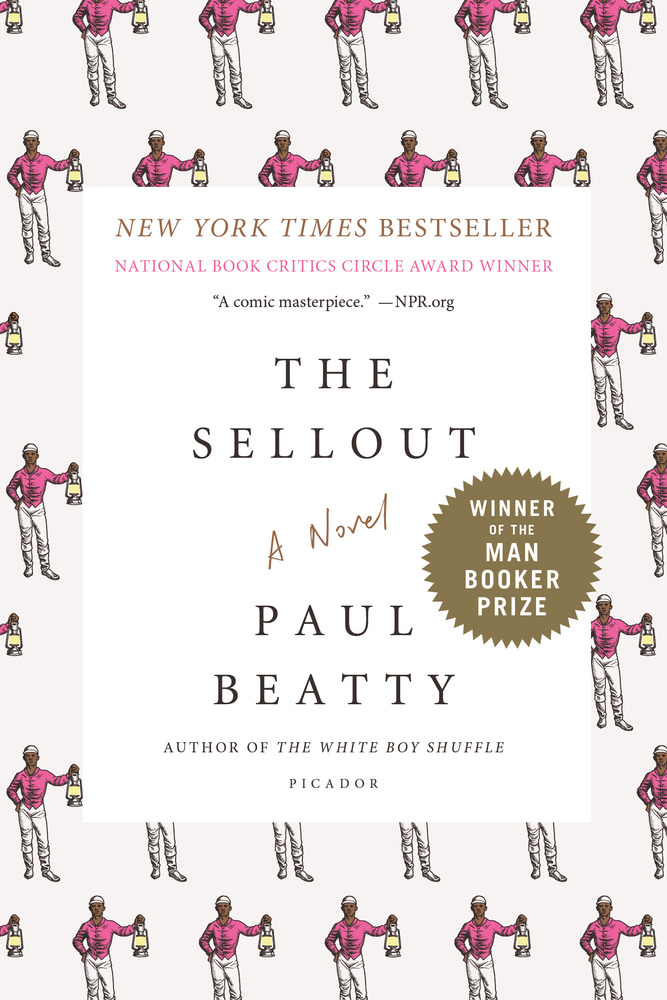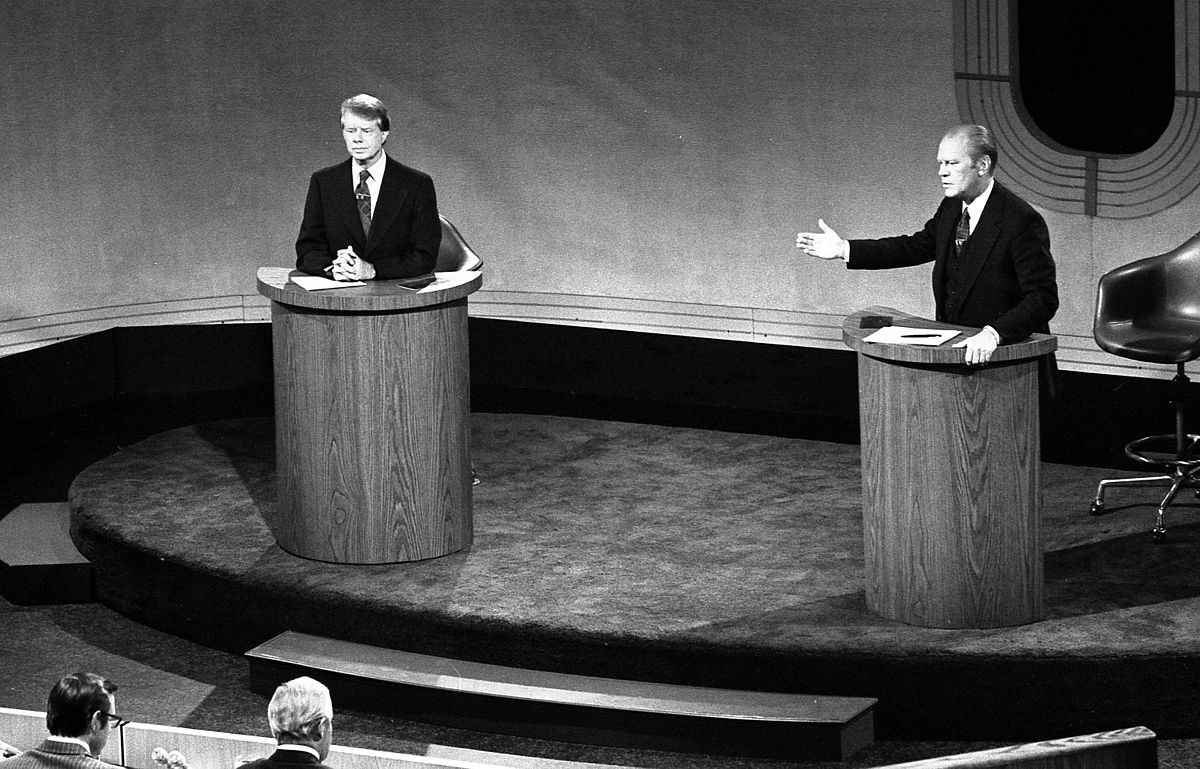In a recent post published by the Prindle Post, staff writer Carrie Robinson discussed the ethics behind displaying mental health in Knott’s Berry Farm attraction FearVR 5150, which “sparked concerns about the stigma surrounding mental health.” 5150 corresponds to a California police code that denotes interactions with individuals with mental illnesses. Essentially, the ride took individuals through various scenes displaying their version of what a haunted mental health hospital would entail. This inherently portrays highly polarized and stereotypical views of mental health issues that negatively depicts those who suffer from them.
Standing Still in Las Vegas
The Bellagio fountains go off four times an hour once sunset comes to the Las Vegas Strip. Each show is no doubt impressive, sending plumes of water spiraling into the air as echoes of pressurized cannons thunder through the plaza. Yet, by the third or fourth performance, the fountains begin to lose their luster. And after a few days of walking past them, they ultimately fade into the mundane, one of many once-in-a-lifetime spectacles vying for oxygen on the Strip.
Ethics of Early Decision: The Downside of the Common App
When students apply for colleges, one of the most frequent ways is to apply online. With over 700 schools participating, the Common Application appears to make the process much simpler for prospective students; enter your personal information just once, answer some standard questions, and then maybe fill out a few additional questions specific to the university. While the Common App allows students to streamline their admission process, does it do more harm to higher education than good?
Continue reading “Ethics of Early Decision: The Downside of the Common App”
Modes of Morality in (De)criminalizing Sex Work
Liberal ideas of women’s rights and conservative perspectives on sexuality and sexual violence have come to a head in India following the infamous 2012 Delhi gang rape case that made international news. On October 12th, India’s Supreme Court ruled on a twenty-year-old case to acquit three men of the rape of a woman who was allegedly engaged in sex work. According to the Times of India, the “vengeful attitude” of the victim to recover money from the suspects after a history of working for the men constituted a compelling reason to forge a fake accusation. Ultimately, the acquittal keeps us asking questions about the nature of sex work as legitimate work, in relation to rape as sexualized violence — mutually exclusive actions with separate motives and disastrous effects on workers and victims.
Continue reading “Modes of Morality in (De)criminalizing Sex Work”
Cultural Appropriation in Classical Music
The majority of the classical music we know and love today has been steeped in European traditions for generations. It is not uncommon, however, to see hints of other cultures within classical music composition. Sometimes this is done as an authentic ode to another culture’s music, but can also be exploitative if not done with proper knowledge and respect for the culture.
Continue reading “Cultural Appropriation in Classical Music”
Curing HIV in a Creationist America
With 36.7 million people worldwide living with HIV in 2015, and 2.1 million newly infected people last year, the search for a cure for human immunodeficiency virus and the syndrome that follows, AIDS, is dire. Traditionally, children who are born with HIV will die from AIDS before their second year if not treated. However, monkeys infected with the equivalent virus, SIV, will typically survive. To the scientific community’s surprise, scientists have found that a “monkey-like” gene found in some children may be a leap closer to a cure. This discussion of treatment for AIDS automatically assumes an evolutionist perspective on humans. Does finding the cure for HIV go against pivotal American values?
Do Children Have Rights That Adults Do Not?
Though the 2016 election may be more defined in the public imagination by questions concerning the candidates’ personal virtues and vices, this does not mean that substantive questions of policy that provoke deep philosophical and ethical disagreements among the American public have not also been relevant. One issue that has not received much coverage concerns policy proposals aimed chiefly at improving the lives of children and their families. Recently, for example, Hillary Clinton has proposed a generous expansion of the child tax credit, a refundable credit taxpayers receive in virtue of having children. In addition, Clinton has other proposals aimed at expanding access to early childhood education.
Continue reading “Do Children Have Rights That Adults Do Not?”
Who is Getting a Fair Trial? A Problem with Ensuring the Impartiality of Juries
When you are accused of a crime, likely of chief concern will be that your jury will treat you fairly. Once the jury is presented with the facts and are briefed on how to understand the law, they go off to deliberate. How the jury deliberates from there is up to them, and you trust that they follow the judge’s instructions and don’t hold any biases they may have against you.
Continue reading “Who is Getting a Fair Trial? A Problem with Ensuring the Impartiality of Juries”
In Las Vegas, Trump’s Policies Worry a Former Nuclear Test Site Employee
Throughout his campaign to become President, Donald Trump has thrived on unpredictability. He has turned press conferences into makeshift advertisements for his hotels. He has invited Bill Clinton’s sexual assault accusers to a Presidential debate, in an effort to force the former President to shake their hands as they filed past him. And in Wednesday’s Las Vegas debate, he refused to recognize the fairness of the U.S. electoral system, promising that he would keep the American public “in suspense” until after the ballots are counted.
Continue reading “In Las Vegas, Trump’s Policies Worry a Former Nuclear Test Site Employee”
By Means of Human Selection: The Birth of Three-Parent Babies
In the late 1990’s, doctors at the St. Barnabus Institute in New Jersey developed a groundbreaking new technique—they successfully produced a child using the genetic material of three different donor parents. The motivation for the innovation was to help certain at-risk couples have healthy biological children of their own. The procedure, if successful, blocks the spread of disease that is sometimes passed through mitochondrial DNA—a genetic contribution passed to children by their biological mothers. Some women pass on mitochondrial DNA that causes muscular dystrophy or respiratory problems. Leigh Syndrome, a fatal disease, is also passed through mitochondrial DNA.
Continue reading “By Means of Human Selection: The Birth of Three-Parent Babies”
Did Bob Dylan Deserve a Nobel?
Bob Dylan has won countless music awards throughout his career, but his most recent award – a Nobel Prize in Literature – has left many confused. The debate boils down to what can be considered “literature.” Webster’s Dictionary defines literature as “written works (such as poems, plays, and novels) that are considered to be very good and to have lasting importance.” Although Dylan’s poems were performed musically, the actual lyrics seem to meet this definition. However, many still debate both the eligibility of Dylan’s work, as well as the reasoning behind awarding him over up-and-coming writers.
Santos and Putin: A Tale of Two Peace Awards
Back in 2006, then-Venezuelan President Hugo Chavez made headlines with his speech at a United Nations summit, calling George W. Bush “the devil,” for his aggressive militaristic policies. Chavez made great efforts to demonize Bush as a warmonger, while at the same time presenting himself as a promoter of peace. Chavez also appreciated a golden opportunity to achieve this goal, by attempting to bring peace to neighboring Colombia.
Continue reading “Santos and Putin: A Tale of Two Peace Awards”
Immorality in the Electoral College — for Good?
The Electoral College has always been one of the more controversial aspects of the US’s election system. Because it was arranged as a compromise between a parliamentary system and a popular vote, the system has remained obscure, with pressure placed primarily on swing states to solidify the results of an election. Confidence in the Electoral College has fluctuated with elections, most dramatically in 2000, when Al Gore won the popular vote but did not received the necessary delegates to gain the presidency.
Continue reading “Immorality in the Electoral College — for Good?”
Rape Culture, In and Out of the Locker Room
Last week, President Obama signed the Sexual Assault Survivors’ Rights Act into law. Peyton Carper, writer for Uloop, a college politics news website, summarized: “[t]he legislation states that survivors must be informed of the results of their rape kits, which, shockingly, was not a requirement before this bill. More importantly, the kits must be preserved for the state’s maximum statute of limitations, and survivors can request that the kits be preserved for longer than that period if need be.”
Continue reading “Rape Culture, In and Out of the Locker Room”
In Ferguson, Divides Remain as a Community Moves Forward
Editor’s Note: This piece contains explicit language. Additional reporting by Amy Brown.
Bree, an African-American resident of Ferguson, Missouri, says he has been involved in activism for years. For the time being, that means selling buttons condemning the presidential candidates, namely Donald Trump, to passersby at a Ferguson strip mall. On a good day, he sells around 70 of the buttons, and, despite their politically charged content, he said rarely runs into any controversy – in majority black neighborhoods, at least.
“I keep myself in areas where my reception’s gonna be pretty cool,” Bree said. “Believe me, the whiter the area, the more of a problem I get.”
Continue reading “In Ferguson, Divides Remain as a Community Moves Forward”
Rap Culture’s Effect on Mental Health
Recently, rapper Scott Mescudi, also known by his alter-ego Kid Cudi, checked into a rehabilitation clinic. Upon entering rehabilitation services, Mescudi published a Facebook post detailing the internal struggle he has been going through after delaying the release of his anticipated album Passion, Pain, and Slayin’ Demons. Mescudi’s brave and open look into his personal life has facilitated many conversations surrounding the feminization of mental health and its correlation with race. His openness has allowed us to ask key questions on how we should talk about mental illnesses and how our daily actions can have detrimental effects on the ones around us.
Beyond the Locker Room: Donald Trump and American Misogyny
Only days before the second Presidential debate, a video of Donald Trump making misogynistic comments about women surfaced. The video is an excerpt of a conversation between Access Hollywood reporter Billy Bush and Donald Trump on an Access Hollywood Bus in 2005. Throughout the video, Trump can be heard recounting his attempt to seduce a married woman, and stating that he can “do anything” to “beautiful women” because he’s famous. Numerous gendered slurs are used by Trump in reference to his sexual advances on women, which also sound a lot like sexual assault. The release of this tape was met with outrage by citizens and politicians alike. Despite this, mere minutes into the second debate Donald Trump brushed off his comments as “locker room talk” and admitted that he was “not proud of it”.
Continue reading “Beyond the Locker Room: Donald Trump and American Misogyny”
The Sellout: Satire and Race Relations
“I’ve been charged with a crime so heinous that busting me for possession of marijuana on federal property would be like charging Hitler with loitering and a multinational company like British Petroleum with littering after fifty years of exploding refineries, toxic spills and emissions, and a shamelessly disingenuous advertising campaign.”
The criminal in question is the narrator of Paul Beatty’s novel, “The Sellout,” who is sitting in the United States Supreme Court, reflecting on the actions that have landed him there, all whilst preparing a bowl of marijuana, which he will proceed to smoke then and there. What is he charged with? The outlandish charges of owning a slave and segregating a public school—charges that he is actually guilty of committing. Told in reverse chronology, the story is grounded by its setting, the fictional ghetto of Dickens in the outskirts of Los Angeles, which happens to have been recently removed from the map of California: vanished, as if it was never there. The novel follows the narrator’s enactment and plotting of his “crimes” as a way to reassert Dickens, its inhabitants, and put it back on the map.
Who’s to Blame?: Texting and Driving
In 2013, a crash due to a distracted driver, who was checking her iPhone, resulted in the death of two adults and the paralyzation of a child. That same year, 21% of car crashes were related to the use of a cell phone (handheld or hands-free), with 1.2 million crashes relating to talking on the phone and 341,000 or more due to texting. The family of the victims of the aforementioned crash is now suing Apple; a patent owned by Apple shows that they have the technology to prevent drivers from operating their phones, yet have made the decision not to implement the technology. In the case of this particular lawsuit, perhaps Apple cannot be at fault – the patent for the technology was filed in 2008 but only granted in 2014, and the crash in question occurred in 2013.
Mental Health Stigma at Knott’s Berry Farm
Knott’s Berry Farm’s Halloween theme park, Scary Farm, has recently closed its Buena Park, California attraction, Fear VR, in response to criticism. The ride was originally called Fear VR 5150, the number corresponding to a California police code regarding involuntary detainment of individuals with mental disorders. The 5150 was dropped from the name before the ride’s opening in response to concerned mental health advocates in an attempt to create further distance between the supposed mental health connection. However, the original connection to code 5150 leads some to speculate that Knott’s Berry Farm did in fact intend a relationship between the ride and mental health, at least at first.
Continue reading “Mental Health Stigma at Knott’s Berry Farm”
Three’s a Crowd: Third Parties in Presidential Debates
As the 2016 presidential election draws near, many voters will tune in to watch a series of debates between the leading candidates for the highest office in the land. The first debate, between Democratic nominee Hillary Clinton and Republican nominee Donald Trump, took place on September 26. These two major candidates have the distinction of having, respectively, the highest disapproval ratings in the history of candidates for the office.
Continue reading “Three’s a Crowd: Third Parties in Presidential Debates”
Should EpiPens be as Expensive as iPhones?
The EpiPen price controversy has been in the news for over a month now. For those not aware of what I am referring to, let me give a short recap. In 2007, a single EpiPen, a device for injecting a drug that reverses severe allergic reactions, cost about $47, according to an August 25, 2016 article from NPR. By this summer the price of a single EpiPen rose to $284. What’s more is that EpiPens are no longer available as single pens, but rather only as double packs. So, the price to fill an EpiPen prescription now tops $600.
Continue reading “Should EpiPens be as Expensive as iPhones?”



